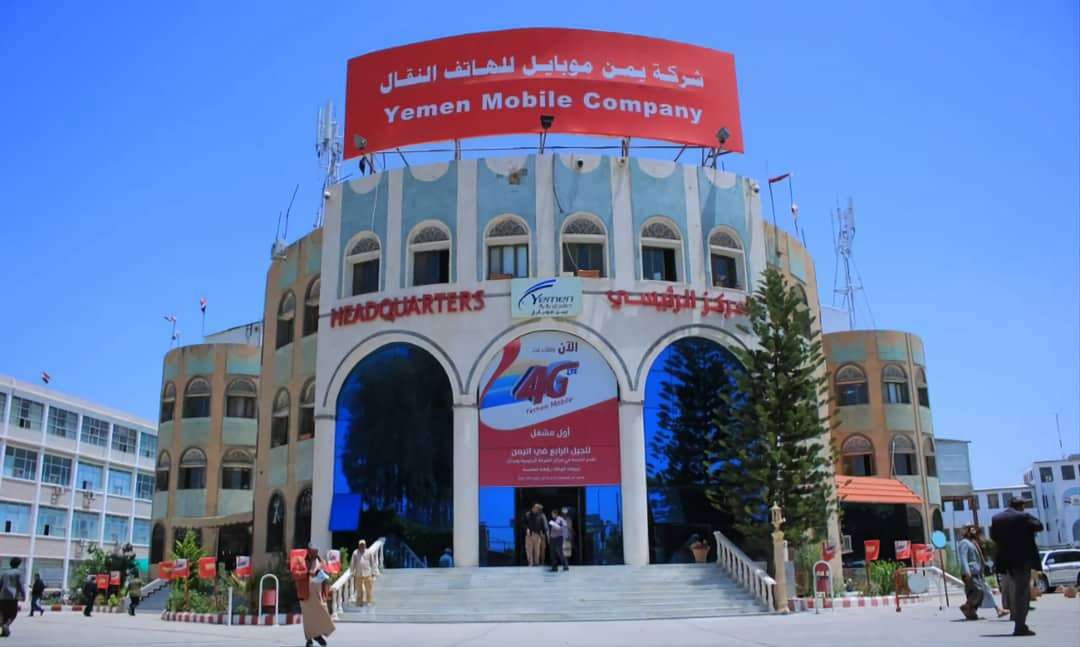


Barran Press
Yemeni mobile phone company, Yemeni Mobile, reversed its controversial price increase on "4G" internet packages on Wednesday, July 3, 2024, following widespread public anger and protests across the country.
The company announced a new offer for "new 4G internet packages" on its Facebook page, as seen by Barran Press.
The new pricing structure includes:
Last Wednesday, June 27, 2024, Yemeni telecommunications companies in the Houthi-controlled capital Sana'a, designated as a terrorist organization by several countries, imposed a new price hike on telecommunications and internet services.
The price increase by Yemeni Mobile included a reduction of the 12GB internet package, previously priced at 4400 riyals, to an 8GB package for 3900 riyals. The 25GB package, previously priced at 9000 riyals, was reduced to a 20GB package for 9700 riyals. The 6GB package, previously priced at 2400 riyals, was reduced to a 4GB package for 2000 riyals.
Informed sources told Barran Press that the new price hike in internet and telecommunications services "came at the direction of the Houthi group under the pretext of covering the costs of service improvement, maintenance, expansion, and preparation for keeping up with modern generations."
Other sources claimed that the decision on the price hike in telecommunications services was linked to decisions by the Central Bank of Yemen in Aden, declared the interim capital of the country, and was meant to compensate for the group's loss of some resources due to these decisions.
These decisions sparked widespread anger among subscribers across the country, who attacked the companies and called for a complete boycott in response to the price hike, citing poor service and already high prices. This prompted the company to backtrack under pressure from ongoing public protests since the announcement of the price hike.
Estimates suggest that the number of internet subscribers in Yemen has reached approximately 7.19 million, while the number of mobile phone subscribers has reached 18 million.
Economic reports indicate that the Houthi group receives 1.47 trillion riyals in revenue from mobile phone companies, equivalent to an annual average of 210 billion riyals, excluding taxes imposed on phone and internet usage.
In recent years, calls have intensified to liberate telecommunications companies from the control of the Houthi group and open the door to investments in the telecommunications sector to provide competitive services to the public. This comes amid complaints about poor service, high prices, and growing concerns about the Houthis using telecommunications for spying on citizens and targeting them for security purposes.